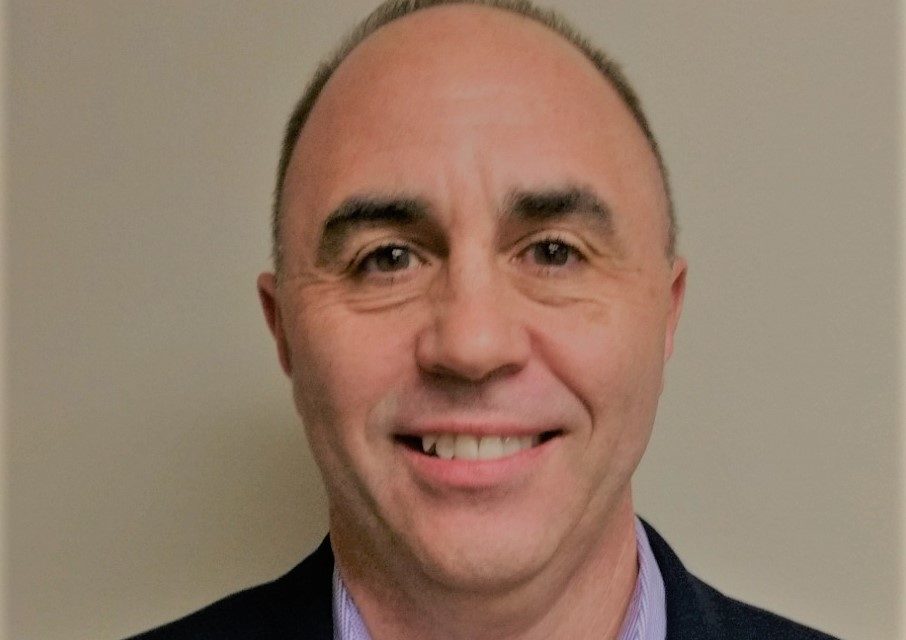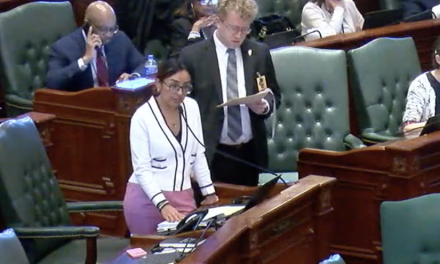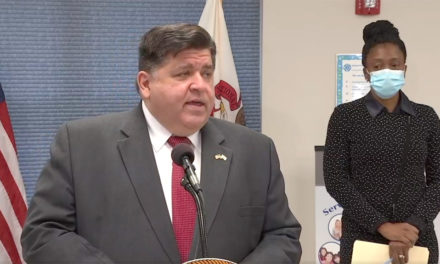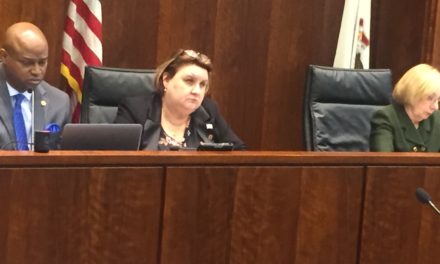
On the record with Jim Edwards, CEO, Pipeline Health

Pipeline Health officially entered Illinois this week, closing a deal to buy three Chicago-area hospitals formerly owned by Tenet Healthcare: West Suburban Medical Center, Louis A. Weiss Memorial Hospital and Westlake Hospital.
The same day, the Los Angeles-based hospital management company announced it was acquiring 22 freestanding emergency rooms in Texas. That’s on top of a hospital it already owns in Dallas and four in California.
In a recent interview with Health News Illinois, CEO Jim Edwards talked about why Pipeline targeted Chicago and what’s next for the facilities.
Edited excerpts are below.
HNI: What drew you to these hospitals?
JE: These hospitals are the types of hospitals that we’ve had success in operating and have had success in coming in and turning around the operations and finances. We’re not a company that really has a history of wanting a larger facility. So smaller community type hospitals are very attractive to us. We spent a great amount of time and due diligence studying these hospitals and understanding them as much as we could. We just felt that these were hospitals that could be solid community hospitals. That could once again become viable, sustainable, robust facilities that could thrive and support the patients that live in the community surrounding them.
HNI: What type of investment do you plan on making in the facilities?
JE: We haven’t come up with a dollar figure yet. We’ve begun the process of spending a lot of time talking to leaders, to the staff here, to the medical staff, to physicians. We want to have conversations with local leaders as well. So over the next 30, 60, 90 days, we’ll be spending the majority of our time really just trying to fully understand these facilities, these hospitals and the care that’s being provided. And really understand the needs of the communities that we’re going to be serving.
We do plan on investing here. The way I like to put it best is that we plan on investing in facilities, capital, people and programs. How we allocate those dollars will be dependent upon what we learn here and our conversations, observations and really being here on a day-to-day basis. I will tell you I’m really encouraged by the reception that we have received. Not only from the employees here but from the medical staff. I think all three hospitals are loved by the physicians who are here. They are very eager to be working with us as we go forward here and try to bring these hospitals back to very viable, sustainable hospitals that can be here for a long time.
HNI: Are there any specific changes you are considering yet? Any specialties you plan on increasing focus on?
JE: There are a lot of things. We look at Weiss, and they have the gender confirmation program here. We have the orthopedic program here. So, I think those are two real destination service lines that we’re obviously going to be looking at and trying to find ways that we can help support those programs with additional resources. These hospitals have emergency departments that I think with a little bit of work we can see those being much more robust in supporting the community. Really, we’re just looking at all the service lines and determining which are the ones that we feel that providing resources to are going to be the ones that are most needed in the community and are going to allow us to be able to grow those service lines to better meet and support the needs of the community around us.
A big part of this is really just understanding what are the needs in these communities? We feel that small hospitals like these are critical. I think our track record is that we’ve been able to take these hospitals and give them very high quality, yet low cost, facilities. And they’re very convenient for the people who live in these neighborhoods. I don’t have any preconceived notions that we’re going to invest X dollars in this service line or that service line. But we do plan on investing substantial amounts of dollars in, again, facilities, equipment, people and programs.
HNI: To make these facilities “viable,” do you anticipate having to cut back on any certain services?
JE: It’s premature to say that. We haven’t identified anything in our preliminary analysis that says here’s a service line that we should be considering to discontinue. Obviously, as we get into it, we’ll be looking at everything and analyzing that. But I can tell you at this stage of the game, we haven’t identified anything where we say this is a service line that we should be discontinuing and not providing any longer.
HNI: Are you looking at other sites or projects in Illinois?
JE: We like Chicago a lot. Right now what we’re going to do for the foreseeable future is focus our full-time attention on the three hospitals that we’ve acquired here to try to get them to the point where we think they should be from an operational standpoint and financial standpoint.
But to answer your question more succinctly, we like Chicago. In the future, if there are opportunities here that we think that we can be successful in, and we think that we can impact those hospitals in those communities in a positive way, those would certainly be situations that we would be interested in taking a look at with the caveat that we don’t have any set growth targets. We are not looking to say that we want to add, you know, X number of hospitals in the next year or two years. We’re long term in this. We plan on being in the Chicago market, all the markets we’re in, for a very long period of time. So for us it’s more important about doing things exceptionally well than it is in growing at some kind of exceptional rate.
HNI: What are these new hospitals going to be called?
JE: We haven’t made up our mind yet. For right now, they’ll retain the names that they have. As we move along here over the next 30, 60, 90 days, and we better understand the communities that they’re in, we’ll make decisions as far as branding and naming at that point in time. There’s been no decision that we’re going to change the names to anything. We may leave them as they are now. We also may look at it and say that a name change would be beneficial.









